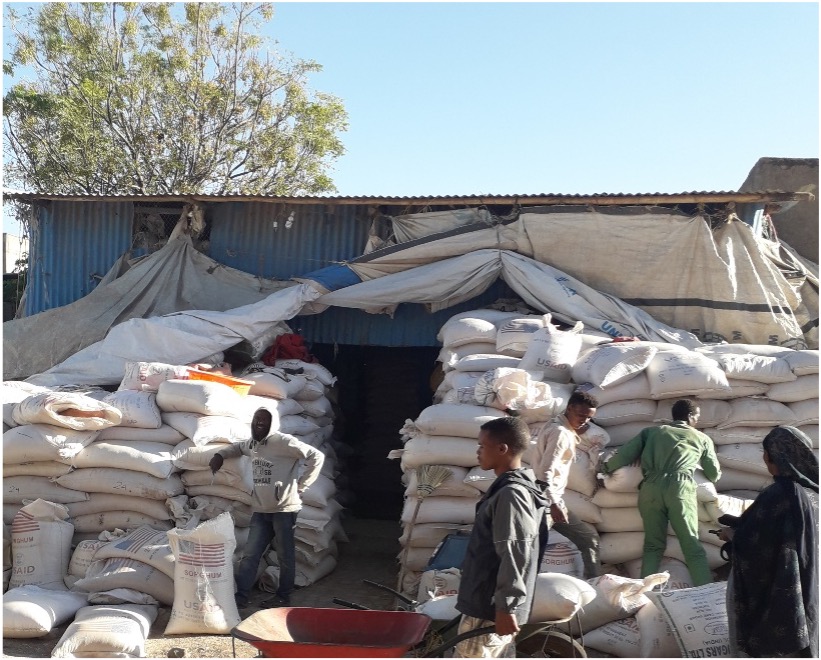Bilan cooperative has the strength to start over - Ethiopia
When the Bilan cooperative lost its profits overnight due to one bad decision, it would have been easy for the group members to just give up. Instead, they put all their energy into finding a business model that worked.
The Bilan Cooperative was set up by the Empower Youth for Work (EYW) project in April 2018 in Gobyerrey village in the Somali region of Ethiopia. The group has eight female and two male members, who received training and a loan from EYW to set up a small business buying and selling vegetables.
The EYW project provided skills and business management training and support with legal documents. The group got off to a strong start, ordering vegetables from Harar City which they sold locally for a small profit. Their income grew, and they were pleased to be able to pay off a chunk of their loan.
A wrong move
With their confidence boosted by their early success, and having seen their income grow steadily, the group then made a decision which would ultimately cost them their business. They put all their profits into a single truckload of vegetables from Harar without first analysing the market demand. Given competition from other vendors and a limited number of buyers in their village, they soon found themselves with unwanted products with a very short shelf life. Almost 90% of the vegetables went unsold and rotted. The young people were horrified when they realised that they had lost everything they’d worked for.

Putting failure behind them
However, they refused to be discouraged and committed to learning from their mistake. Group members came together and identified the three main causes of their failure: lack of experience, their failure to study the capacity of their local market and customers’ purchasing power, and the perishability of the products.
They decided to start afresh with a new product, and first conducted an assessment to find a realistic business opportunity. They decided to sell cereal grain, as there is both a demand and a supply in their region – and crucially, it is not perishable.
So far, the plan has worked, and their business is growing steadily. The cooperative buys the products from local farmers and mostly sell to customers who come from the highlands, as well as to the local flour industry. They make a profit of 150 Birr profit from each quintal of grain they sell. As well as regaining the capital they lost, they have regained their self-belief and have shown that it is possible to recover and learn from mistakes.
